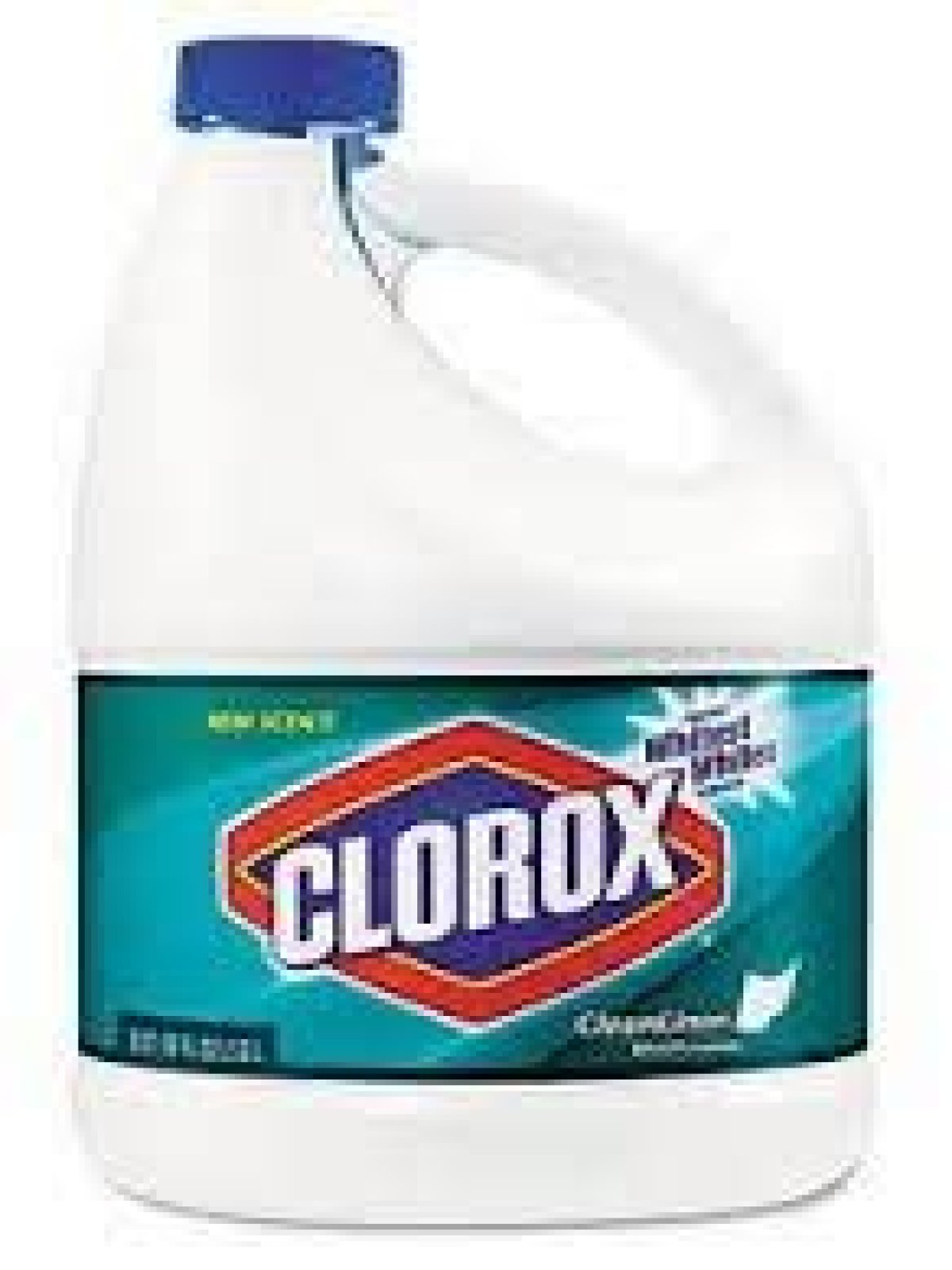Also asked, what is non chlorine bleach used for?
Non-chlorine bleach can be used to clean and disinfect surfaces and objects. Non-chlorine bleach won't remove color, so you can use it on colored clothing, upholstery and carpet.
Similarly, how do you disinfect without bleach? A spray consisting of equal parts vinegar, baking soda and water is an excellent multipurpose cleaner. Sprinkle a cup of borax and a quarter-cup of vinegar into your toilet bowl, let it sit overnight, then scrub and flush in the morning.
Simply so, can I use non chlorine bleach on colors?
To keep your colored clothes brilliantly beautiful, use color-safe, non-chlorinated oxygen bleach. While similar to chlorine bleach, non-chlorinated bleach works a little slower because of the different chemicals used.
Is Walmart bleach non chlorine?
Free of fragrance, dyes or optical brighteners, our non chlorine bleach removes stubborn stains without washing out your colors. It's also safe for sinks, tiles, toilets, showers, tubs—and the planet. Now that's a clean solution.
What is a good non chlorine bleach?
- One 24 count container of OxiClean White Revive Laundry Stain Remover Power Paks.
- Works with detergent to brighten and whiten clothing.
